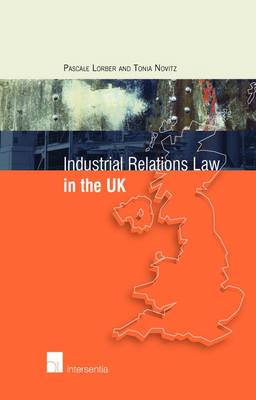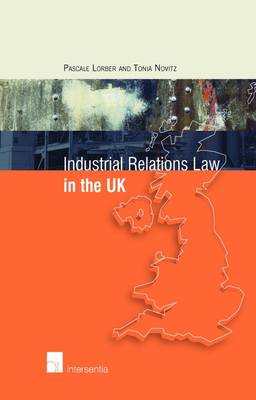
- Retrait gratuit dans votre magasin Club
- 7.000.000 titres dans notre catalogue
- Payer en toute sécurité
- Toujours un magasin près de chez vous
- Retrait gratuit dans votre magasin Club
- 7.000.0000 titres dans notre catalogue
- Payer en toute sécurité
- Toujours un magasin près de chez vous
52,00 €
+ 104 points
Description
Industrial relations law in the United Kingdom has undergone changes brought about by the European Union and by Labour governments elected from 1997 onwards. While those changes have not been revolutionary, they have shifted the landscape of industrial relations.
The isolation and demonization of trade unions under earlier Conservative governments was addressed by Labour through the establishment of a 'partnership' role for unions within the workplace alongside a statutory recognition procedure. Also, within this period, opportunities for unions to represent their members' interests within information and consultation procedures were increased through EU initiatives. In parallel, however, unions' ability to strike has been very limited, while their one-time representational monopoly has been further diluted by the development of alternative channels of worker representation. This book gives an overview of the legal framework governing industrial relations in the United Kingdom at a time when a Conservative-Liberal Democrat Coalition government is engaging in a substantial 'Employment Law Review', which threatens to undermine limited advances in collective employment law. This publication is written for students, academics and professionals interested in collective labour law and industrial relations in a national, European and international context.Spécifications
Parties prenantes
- Auteur(s) :
- Editeur:
Contenu
- Nombre de pages :
- 172
- Langue:
- Anglais
Caractéristiques
- EAN:
- 9789050959599
- Date de parution :
- 04-07-12
- Format:
- Livre broché
- Format numérique:
- Trade paperback (VS)
- Dimensions :
- 160 mm x 240 mm
- Poids :
- 335 g

Les avis
Nous publions uniquement les avis qui respectent les conditions requises. Consultez nos conditions pour les avis.






